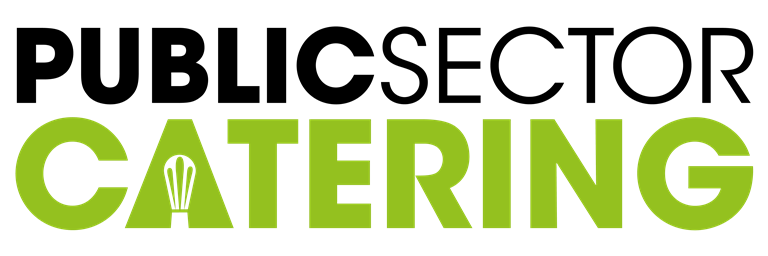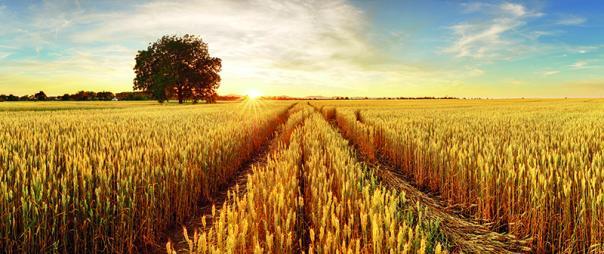UK meat industry launches action to halve £3bn annual waste bill
June 30, 2020 - 16:23Thirty-eight of the UK’s largest organisations involved in the production and sale of meat have backed plans to improve productivity, tackle deforestation, cut emissions and reduce the £3b of meat wasted in the UK every year.
The trade organisations, meat processors, retailers and hospitality and food service businesses have announced their ambition to halve the amount of meat that goes to waste each year in the UK, and help the UK achieve net zero greenhouse gas (GHG) emissions under new collective action.
All major grocery retailers together with meat processors representing 80% of UK production, and hospitality and food service companies have signed up to ‘Meat in a Net Zero World’, an initiative developed under Courtauld Commitment 2025 and facilitated by WRAP (Waste and Resources Action Programme).
It is supported by key trade bodies including the National Farmers Union (NFU), Agriculture and Horticultural Development Board (AHDB), the British Meat Processors Association (BMPA), the British Poultry Council (BPC), the British Retail Consortium (BRC), Hybu Cig Cymru (HCC), the National Pig Association (NPA), Quality Meat Scotland (QMS) and the Sustainable Restaurant Association (SRA).
Peter Maddox, Director WRAP, said “There has never been a more critical time for action in our food system, and the current Covid-19 situation further illustrates this.
“I am delighted that despite the incredible pressure the sector is under keeping the nation fed, organisations remain committed to the ambitious sustainability goals laid out in ‘Meat in a Net Zero World’. And that WRAP could help industry develop and launch such a bold strategy.
“It is key that the focus is on every link in the supply chain from production, processing and sale, through to the customer – whether they are eating in or outside of the home. I’m confident that ‘Meat in a Net Zero World’ will have a significant impact towards achieving our national and global targets. And I believe this has the potential to become a blueprint that other nations will emulate.”
WRAP estimates that each year around 380,000 tonnes of the meat intended for consumption goes uneaten, with the GHG emissions associated with this uneaten meat measuring more than 4m tonnes CO2 equivalents.
Maddox said that while much of this is discarded in the home, there were important actions to take at all points across the supply chain.
A dedicated Meat Sector Working Group was convened by WRAP under Courtauld 2025 that brought together key stakeholders to identify the areas of biggest impact, and opportunities to overcome barriers and avoid just moving problems along the supply chain.
NFU livestock board chairman Richard Findlay, said: “This collaboration will go a long way to supporting the NFU’s vision of net zero agriculture by 2040 and British livestock farmers are ready to play their part.
“When it comes to primary production, having a shared goal and strategy will help make sure all livestock farmers are moving in the right direction.
“Beyond the farm gate, it is a great opportunity to make improvements throughout the meat supply chain to reduce our collective carbon footprint, and it is important that every part of the supply chain is considered alongside the opportunities to reduce waste at home.”
Anna Proffitt, policy technical manager of the BMPA (British Meat Processors Association), said: “Increasing efficiency and reducing waste along the meat supply chain is of paramount importance to the sustainability of the sector.
“We fully support WRAP in bringing the meat supply chain together to undertake such important work, and are pleased that many of our members are signatories and active participants of ‘Meat in a Net Zero World’. We look forward to working closely with WRAP and members in driving the common objectives forwards.”
Meat in a Net Zero world aims to prevent more than 150,000 tonnes of meat from ending up as waste each year, worth £1.5 billion and make an important contribution to the UK’s target to bring all GHG emissions to net zero by 2050.
An important first step is to agree and adopt a consistent approach for measuring GHG emissions, and common metrics that can be used within each sector – beef, sheep, pigs and poultry – which will be worked out through the Meat Sector Working Group, in combination with other industry forums.
‘Meat in a Net Zero World’ aims to help deliver against a number of industry initiatives including the NFU’s Net Zero vision, the European Roundtable for Beef Sustainability/UK Cattle Sustainability Platform and the UK Roundtable on Sustainable Soya. Greater collaboration could also help accelerate progress towards achieving targets set out in Courtauld 2025 and the UN’s Sustainable Development Goal 12.3 to halve per capita food waste by 2030.


